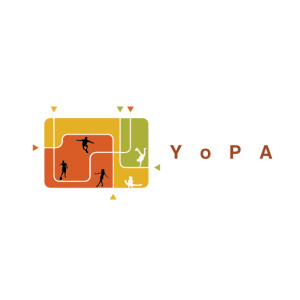 \
&
Contact us
\
&
Contact us
 \
&
Contact us
\
&
Contact us
Partnership website: https://bluepartnership.eu/
The proposed partnership will enable a just and inclusive transition to a climate-neutral, sustainable and productive blue economy through key intervention areas providing for a healthy ocean, the wellbeing of citizens, and a blue economy that is in harmony with nature and whose benefits are distributed fairly.
The SBEP targets the Green Deal and Digital Europe objectives and contributes to the Global Earth Observing System, by mobilising relevant quadruple helix stakeholders who will co-create and co-deliver knowledge-based solutions and innovative governance models, and by combining financial resources for joint transnational calls and resources for other activities.
The integration of sea-basins initiatives and strategies will ensure that impact is delivered at local, regional, national and international levels.
Draft partnership proposal (July 2020)
Contact
Commission services: Wendy Bonne, Eduardo Carqueijeiro
Partners: Ministry of University and Research (Italy) and Co-coordinator Research Council of Norway and 58 other partners https://bluepartnership.eu
Partnerships group the EC and private and/or public partners, to coordinate and streamline the research & innovation initiatives and funding in some selected key domains.

The YoPA project, ‘a youth-centred preventive action approach towards co-created implementation of socially and physically activating environmental interventions’ obtained funding from Horizon Europe’s Health Cluster. The project addresses the multifaceted challenges of physical inactivity and health inequalities through a unique participatory approach. The project places teenagers between 12 and 18 years old in vulnerable situations at the forefront of the intervention process. The Institute of Tropical Medicine is a partner in the project and will conduct a Realist Evaluation to understand how youth co-creation contributes to improved adolescent health and well-being in four cities in Denmark, Netherlands, Nigeria and South Africa. By integrating its results and sharing its approach in an open access Toolbox, ITM aims to contribute to fostering sustainable, youth-led solutions for healthier urban environments.